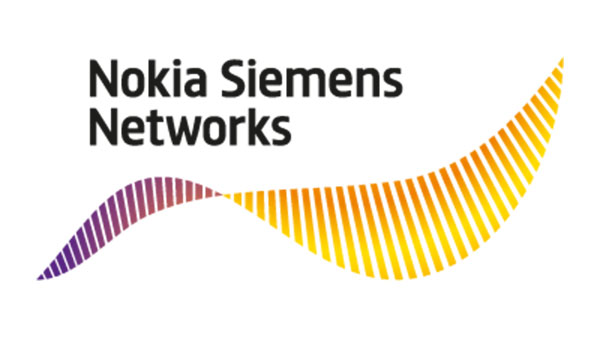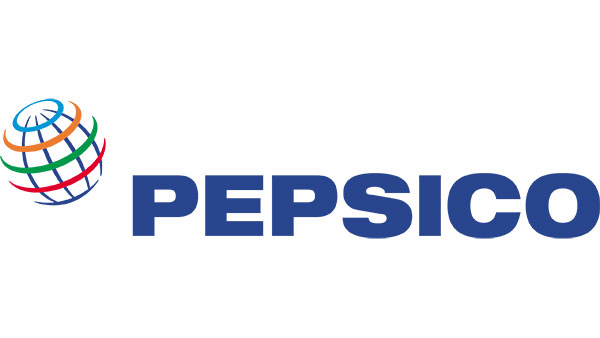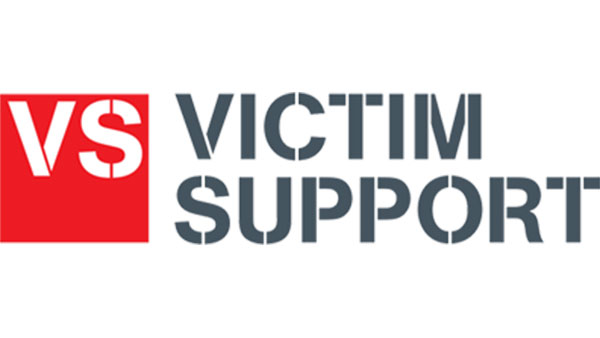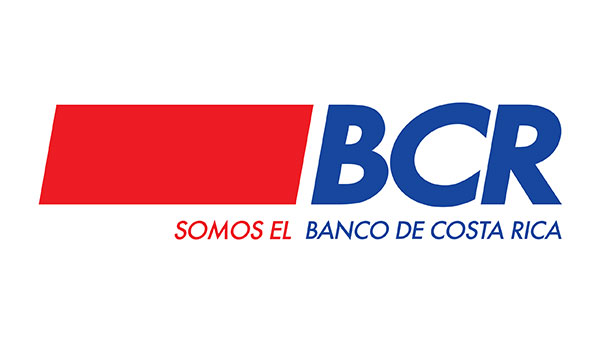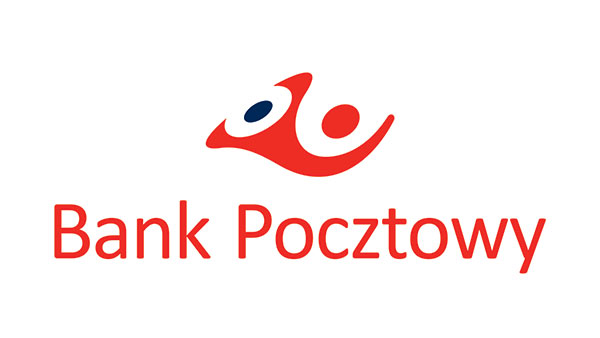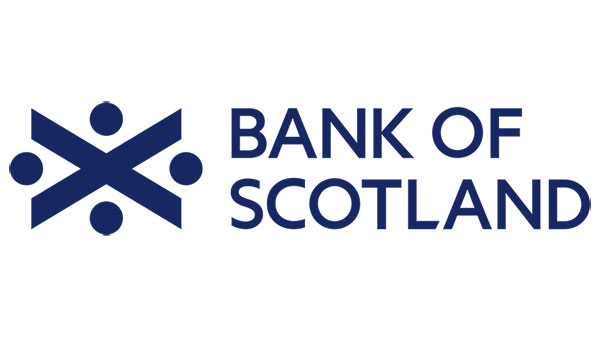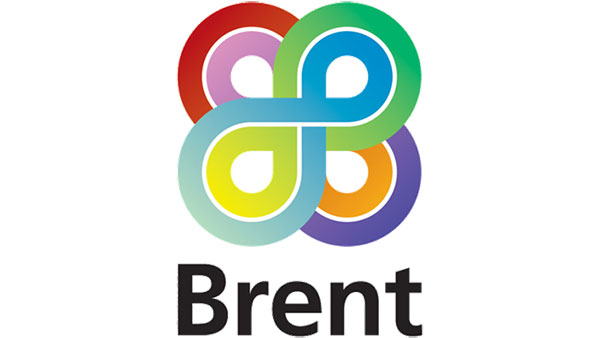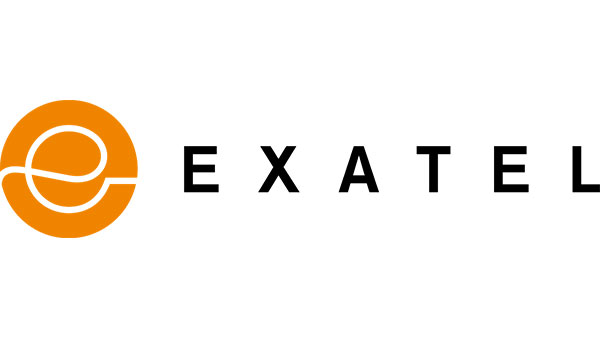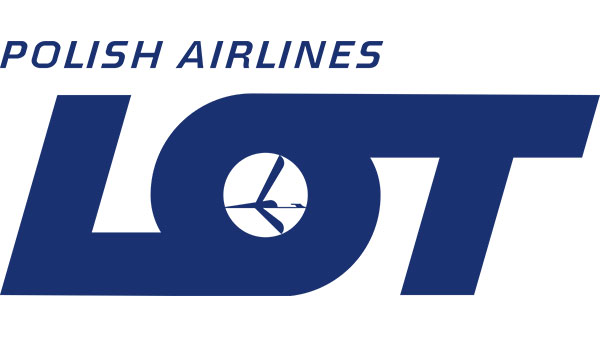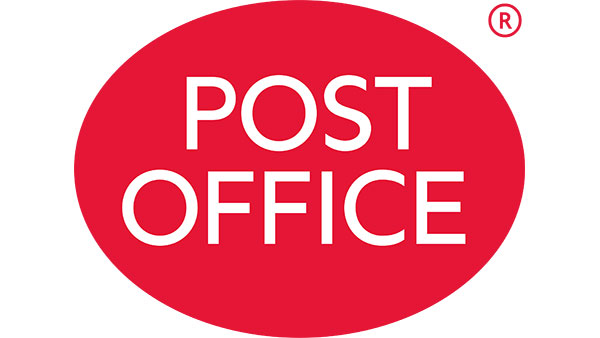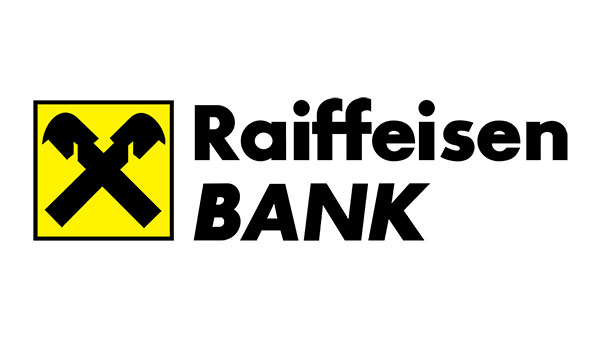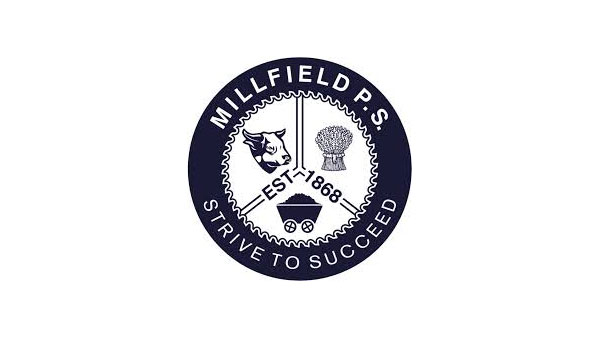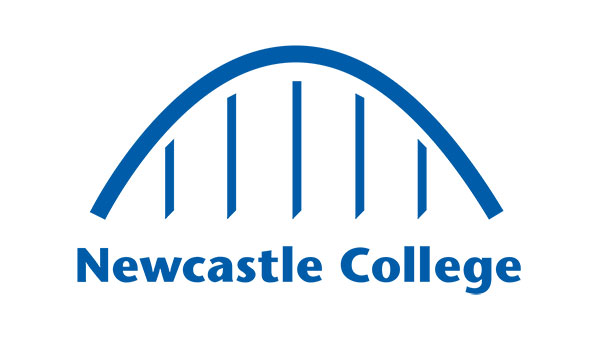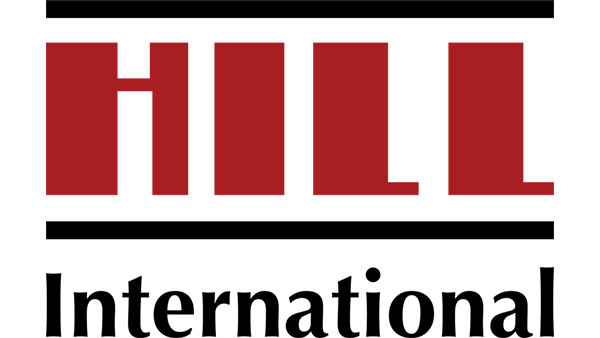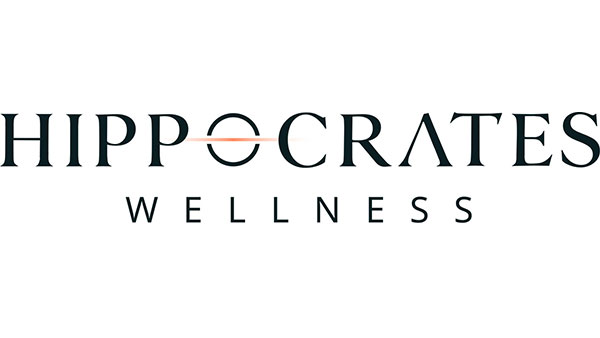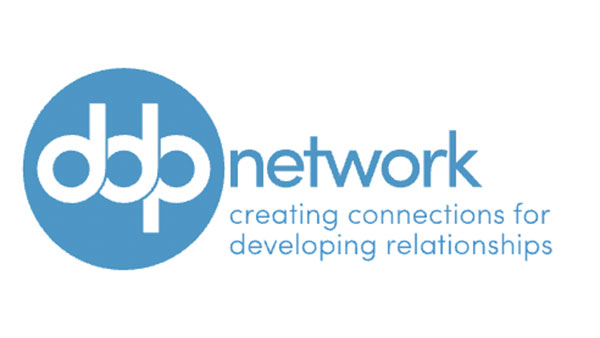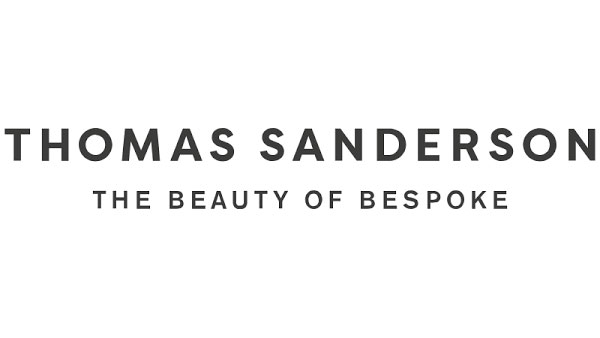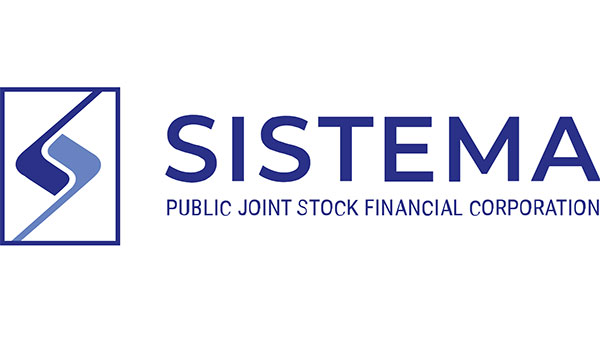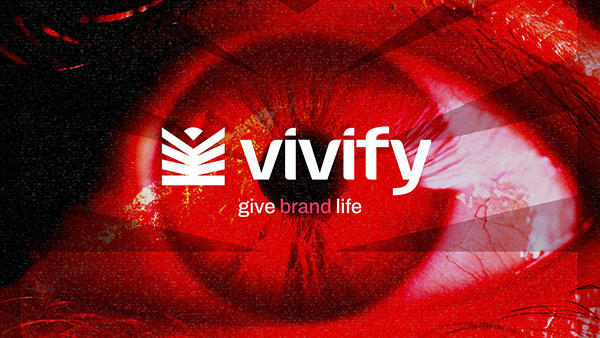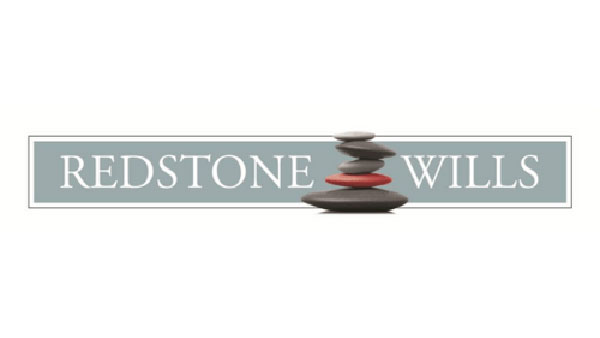A regulation is a rule or directive made or maintained by an authority. As human beings we are happier, more connected, and most fulfilled when we meet our emotional needs that are required to self-regulate and feel good.
The human stress response is overused in modern medicine. But what we do know is stress is the biggest killer. We need to work to have deeper, more meaningful interactions and relationships, because this dampens the stress response and moves our emotional state toward connection and fulfillment, and in this state we become less rational, in fact we become more open and optimistic.
Stress as an emotional state has little flexibility, and lowers our ability to cognitively respond, whereas the emotional state of connection is optimistic, and from here creativity can flow.
Stressful emotions and stress hormones ravage our body of health due to the body being in a state of deterioration in the stress response, with adrenaline and cortisol being dominant. Whereas, when in the emotional state of connection positive chemicals are dominant: serotonin, dopamine, oxytocin, etc. and here we are in a state of growth and repair.
Our deepest biological human imperative is for emotional safety. It is vital for peace of mind and optimism, and helps to mitigate the stress response. But safety as we know it needs to be reviewed: we need close proximity safety from others of course, but we also need predictability and support from others, so a greater sense of community, belonging, and inner security and confidence can be attained.
Our primary self-regulation rule for optimism to be attained is emotional safety. This means you must work with good people who have your best interest at heart and encourage your clients as a professional credentialed coach to do the same, to reduce stress, and assist them to self-regulate.
of safety or respect. We are biologically built for mutual respect as human-beings.
Often when working with clients we need to take into account what meaning-making a client has taken on to determine their belief systems and attachment style. When we are children we make sense of the world through interpretation and our experiences with people: conversations, events and even objects form our meanings. This process of learning carries on throughout life but the majority of our meaning-making is set up in the first 5-years of our life.
As a professional, credentialed coach has your client formed any limiting beliefs that they need to change? Are their current meanings truly beneficial to their life? For example, I don’t have enough time or I am stressed. We need to explore our clients’ belief systems and attachment style that has been established usually as a child or via major life events. Are your clients belief systems or attachment style creating a state of constant stress, or assisting them to achieve a state of self-regulation?



